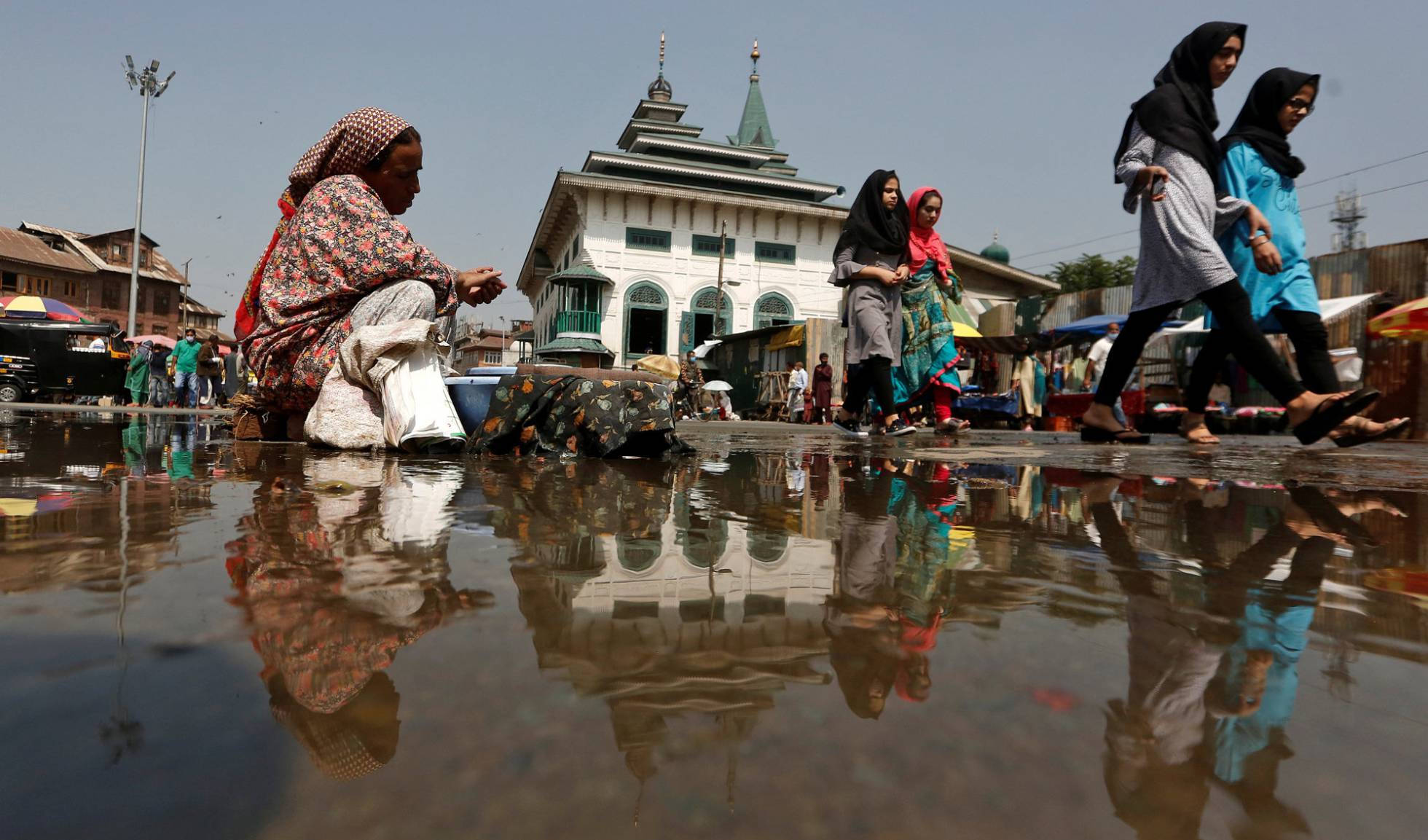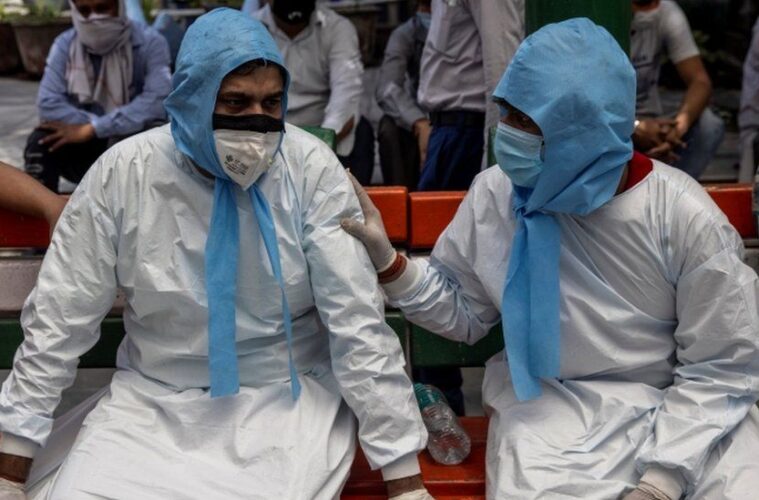Coronavirus vaccines developed by Pfizer and Moderna appeared to remain effective against a subtype of the Indian virus variant, according to early findings presented Tuesday from researchers at Emory University.
The team of researchers tested two dozen blood samples from previously infected individuals. 10 individuals who received Pfizer’s shot, and 15 samples from people who received Moderna’s jab where also tested.
79% of samples from previously infected individuals, and all blood samples from vaccinated individuals, blocked the Indian virus variant.
20% of samples from previously infected people lost their ability to block the variant. They were collected between one and three months after individuals recovered from COVID-19. The samples from vaccinated individuals were collected about 20 to 50 days post-second dose of mRNA vaccines.
Dr. Mehul Suthar, study author and assistant professor at Emory University, said the findings highlight the need for increased vaccination rates in India and globally as variants continue to emerge and circulate.
India has been reporting about 200,000 Covid cases daily since 15 April. This comes well beyond its peak of 93,000 cases a day last year.

Danish Ismaul (Reuters)
The wave of cases in India could have been caused by large gatherings, and lack of preventive measures such as mask-wearing or social distancing.
Dr Jeffrey Barrett, from the Wellcome Sanger Institute, says it is possible there could also be a cause-and-effect relationship with the new variant, but there is still a lack of evidence.
He points out that the India variant has been around since late last year. “If it is driving the wave in India it has taken several months to get to this point which would suggest it’s probably less transmissible than the Kent B117 variant.”


